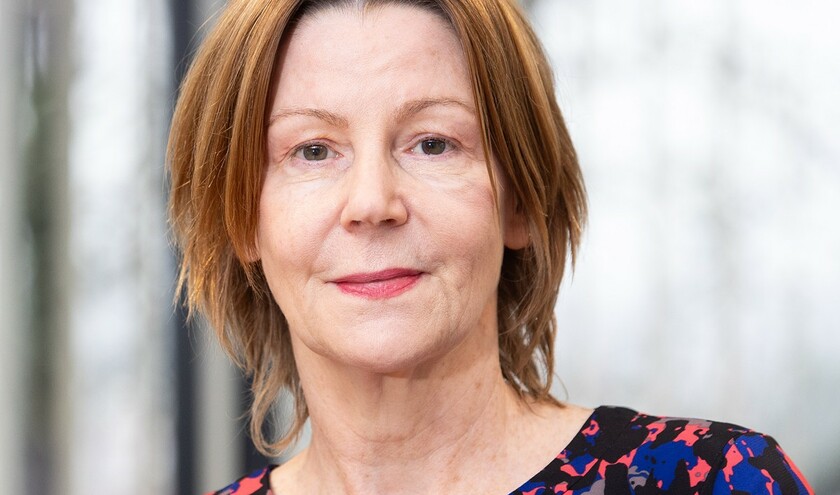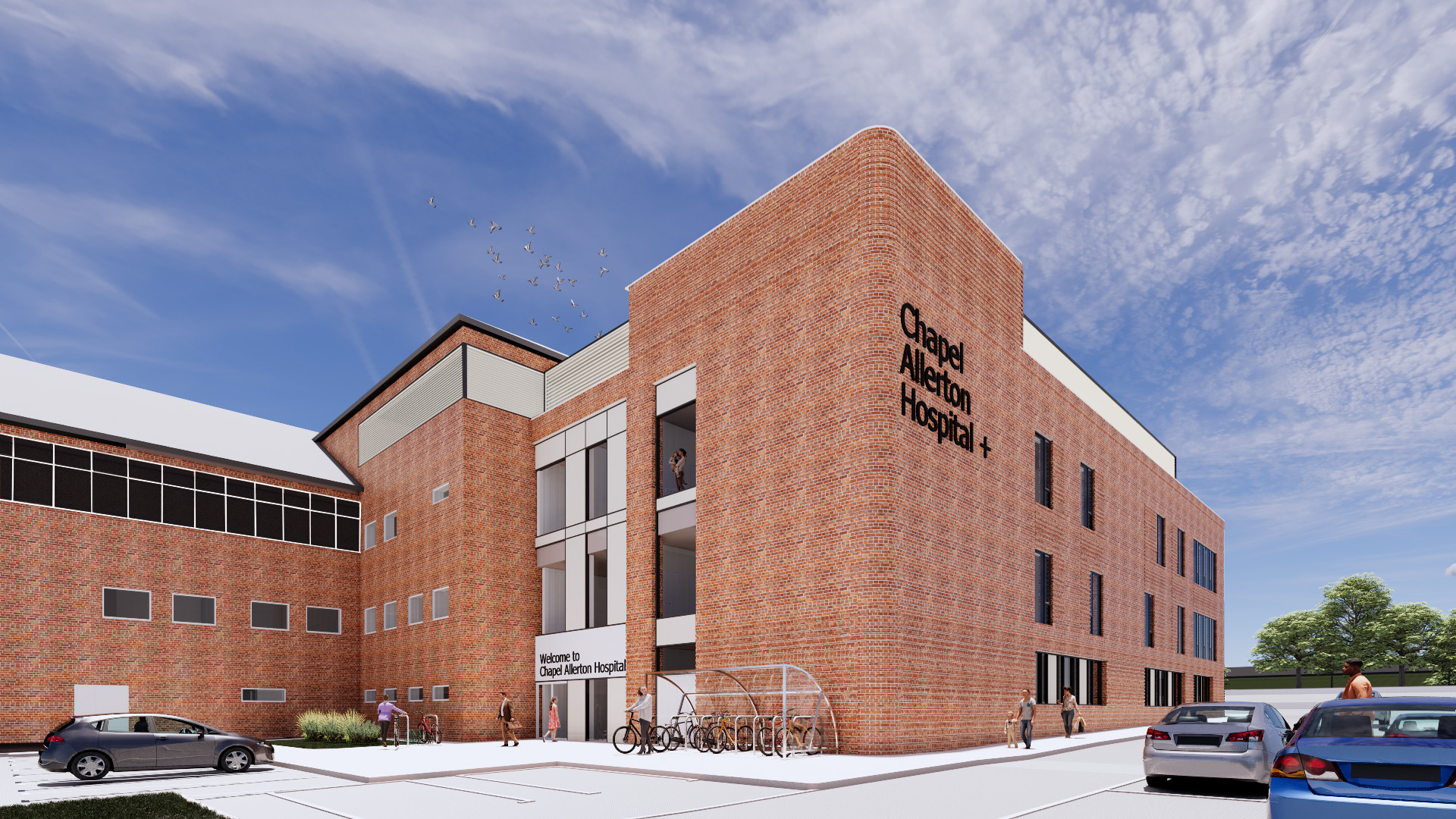If the goal is patients first and people feel included in the process, feel they have autonomy and belong to what we are doing, and feel professional pride and know that they are making a contribution, I think we can do this,' Kane says when reflecting on her goal of forming a single hospital group between North Bristol NHS Trust (NBT) and University Hospitals Bristol and West (UHBW) in the next two years.
Having been chief executive of NBT since 2021, Kane was appointed in July 2024 to the joint leadership role, following the appointment of joint chair Ingrid Barker in March 2024.
The leadership team have been set the goal of removing the barriers that can sometimes get in the way of providing seamless patient care between the trusts through joining forces to address shared challenges around workforce, estates and finances.
NBT and UHBW provide care to over 1.5m people, employing 28,000 staff and are responsible for NHS budgets totalling over £2bn.
The trusts comprise 12 hospitals, including an eye hospital, dental hospital, heart institute and an amalgamation of organisations that have come together over the years.
Kane said the closer collaboration had been a long time coming with the trusts publishing a Joint Clinical Strategy for 2024-27.
‘We were competing for staff and resources and delivering care in quite an expensive way and depending on which part of the region you lived you could have a different outcome as a result of going to a different hospital,' she explained.
‘We decided we had the same shared challenges and therefore have the same improvement priorities so wanted to talk a common improvement language,' Kane said.
‘I am in the fortunate position of being able to build a wider team across two fantastic trusts,' she noted.
Trust challenges
The move to work more productively together has been driven by the similar challenges faced by each trust.
At NBT, Kane said delayed discharge had been stubbornly high with no criteria to reside at 23.9% in July 2024, or 210 patients.
The goal is to lower this to the national average of 15% by mid-2025, equivalent to 132 patients, though Kane accepted this won't be easy with winter ahead.
This in turn will help with the goal of achieving 78% of admissions within four hours by mid-2025, Kane said.
‘We need to be at 92% occupancy rather than at least 100% every day,' Kane observed.
‘We need to get down to the 15% national average of no criteria to reside and that will help with our four-hour standard at the front door so all these things need to be in place together.'
NBT had a £10.6m year-to-date deficit against a £6m planned deficit as of July this year. The deficit has grown despite strong progress in reducing costs. Agency expenditure has reduced by almost 70% from £2.4m in July 2023 to £725,000 in July 2024, while vacancy rates fell from 8.25% to 4.26% in the same period.
Staff turnover, meanwhile, was down from 15.19% in July 2023 to 11.75% in July 2024.
Despite record demand levels, however, NBT has moved from being one of the poorest performers on diagnostics to the top within a year through a concerted effort and making this an improvement priority. Diagnostics in July continued to exceed the requirements for 2024/25 of no more than 5% of patients waiting longer than six weeks for tests, reporting at 0.85% in July 2024 down from 15.1% in July 2023.
NBT has now met the constitutional standard of no more than 1% of patients waiting longer than six weeks for diagnostic tests for the first time in over five years.
NBT has also achieved no patients waiting longer than 13 weeks for diagnostics – the only one in the region to have achieved this standard.
Further support is being provided through a permanent diagnostics centre which opened at Cribbs Causeway in September to replace a mobile unit that has been in place since April.
The centre is one of five procured by the NHS in the South West under a partnership deal with InHealth, which will deliver 200,000-plus scans a year at an annual cost of around £30m.
Alongside Cribbs Causeway, a second centre is based at Weston-super-Mare, with others to follow at Torbay, Yeovil and Redruth.Further improvements will be driven by a new £49m elective centre in Southmead, which is to open in spring 2025 in a partnership between NBT and UHBW. Based at Southmead Hospital, the centre will provide up to 6,500 extra procedures per year to help get through waiting lists and reduce 65 week waiters at both trusts.
Stronger together
Given the strong progress already recorded by North Bristol Trust under Kane's leadership and her infectious, can-do attitude she looks well-placed to bring both trusts closer together and achieve better patient outcomes.
‘In every conversation with your team you should be thinking there is a patient behind you listening to every word,' Kane concluded. ‘They want to feel confident in the service and know that people are uplifted and supportive, hopeful, joyful and energetic.
‘That's what I am trying to do here.'
If you would like to appear in our Big Interview then email Lee Peart at l.peart@hgluk.com



